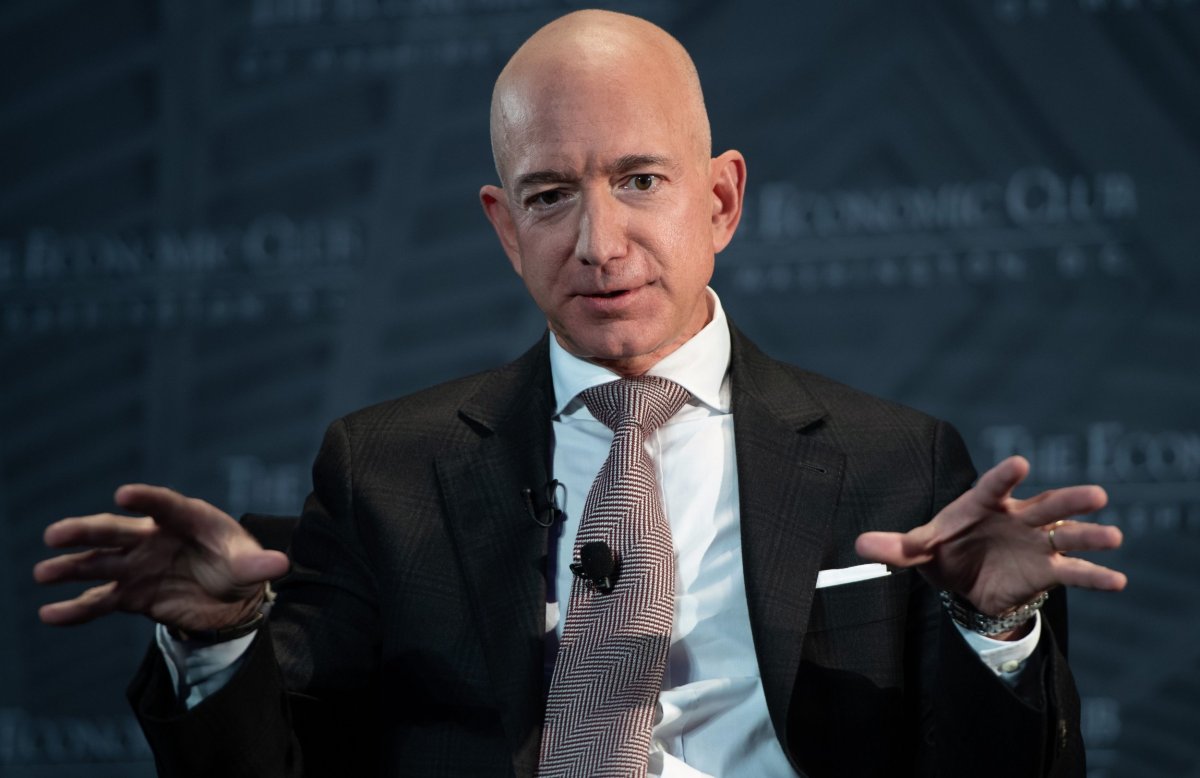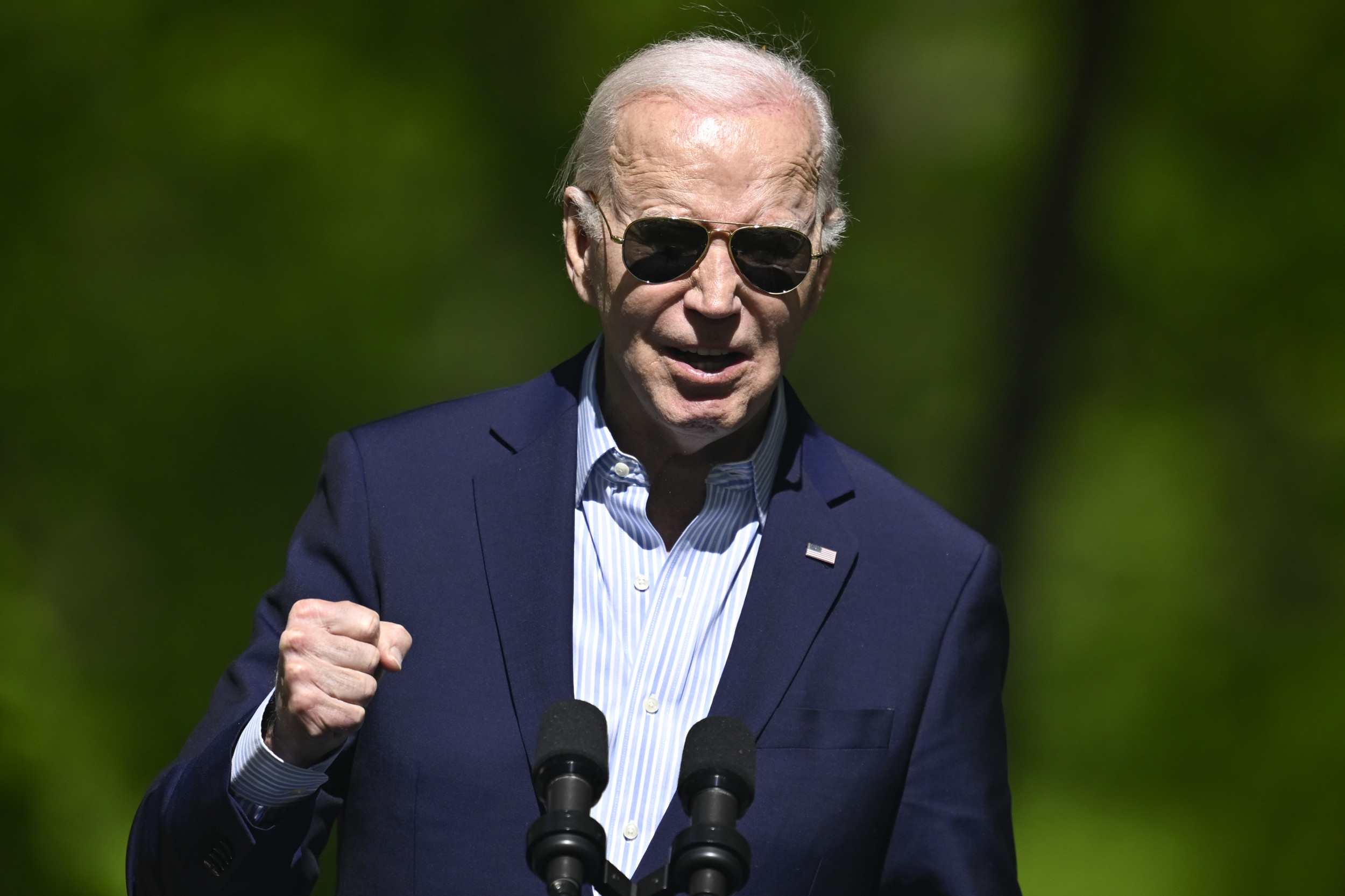Amazon was founded to challenge companies whose market power and political influence caused them to lose sight of their customers. But with its recent announcement of a new headquarters just outside of D.C., it's clear Amazon is much more interested in using its economic clout to capture, and exploit, the political influence it once tried to undermine.
Amazon built a business by relentlessly offering consumers something they really like: convenience, price, selection, and immediacy. And for many years, it did that better than anyone else.
The problem for Amazon is that others are catching on—old rivals like Walmart and Target, and new rivals here in the U.S. and around the globe are offering Amazon-style logistics and marketing capabilities that can help smaller businesses compete.
It's great to be on top, but it also causes great angst as competitors are eager to take your place. It's tempting to do whatever you can to prevent that, and so we're seeing Amazon take a path that many of America's largest organizations have gone down before: getting cozy with power players in Washington D.C. to lock in special advantages that keep them ahead of their competitors. This is not just disappointing; it's a real threat to free and fair competition among businesses.
Not long ago, Amazon was a minor player in political lobbying but over the past five years, it has quintupled its spending on lobbying—to $13 million last year—putting it near the top of firms trying to buy influence in D.C. At last count, nearly 100 lobbyists were employed by Amazon to make sure it had a preferred seat at the budgeting and rule-making table in D.C.
Now, Amazon is exploding that investment in D.C. influence by building a new second headquarters next door in Northern Virginia, with plans to add tens of thousands of staff who you can bet will be among the regular faces showing up in the offices and hallways around Capitol Hill.
Amazon certainty wants more business from the government—everything from cloud computing and IT infrastructure, to rockets for defense, to office and cleaning supplies. More importantly, and more dangerously, Amazon also wants to write the rules for other businesses.
Earlier this year, Amazon received a lot of positive press for its announcement to raise its minimum wage to $15 per hour. Fewer people paid attention to the fact that, as a part of this announcement, Amazon also committed to pushing for legislation to set a national $15 minimum wage. In other words, Amazon wants to force everyone else to get on board too.
And, it's obvious why. Amazon can handle a higher minimum wage—it's big enough and, importantly, it's work is automated enough to handle the extra costs. But that's not true for many of its biggest rivals, as well as many smaller retailers who would be forced to increase their payroll costs. Amazon's desire to advocate for a higher minimum wage isn't benevolence—it's cold-blooded competitive strategy underwritten by political influence.

Amazon is preparing to put thousands of new employees right in Congress' backyard to make sure it gets first dibs at a growing federal budget and a preferred place at the table for all of the regulation and rule-making that pours out of the D.C. bureaucracy.
You can bet the results will be good for Amazon. But it will make life much more difficult for new entrepreneurs and upstarts who would like to knock Amazon off of its throne, but who can't rely on political power to do it. And that means consumers who might prefer Amazon today will have fewer alternatives to choose otherwise tomorrow.
Professor Brenberg teaches business and economics at The King's College in New York City.
The views expressed in this article are the author's own.
Uncommon Knowledge
Newsweek is committed to challenging conventional wisdom and finding connections in the search for common ground.
Newsweek is committed to challenging conventional wisdom and finding connections in the search for common ground.
About the writer
To read how Newsweek uses AI as a newsroom tool, Click here.








